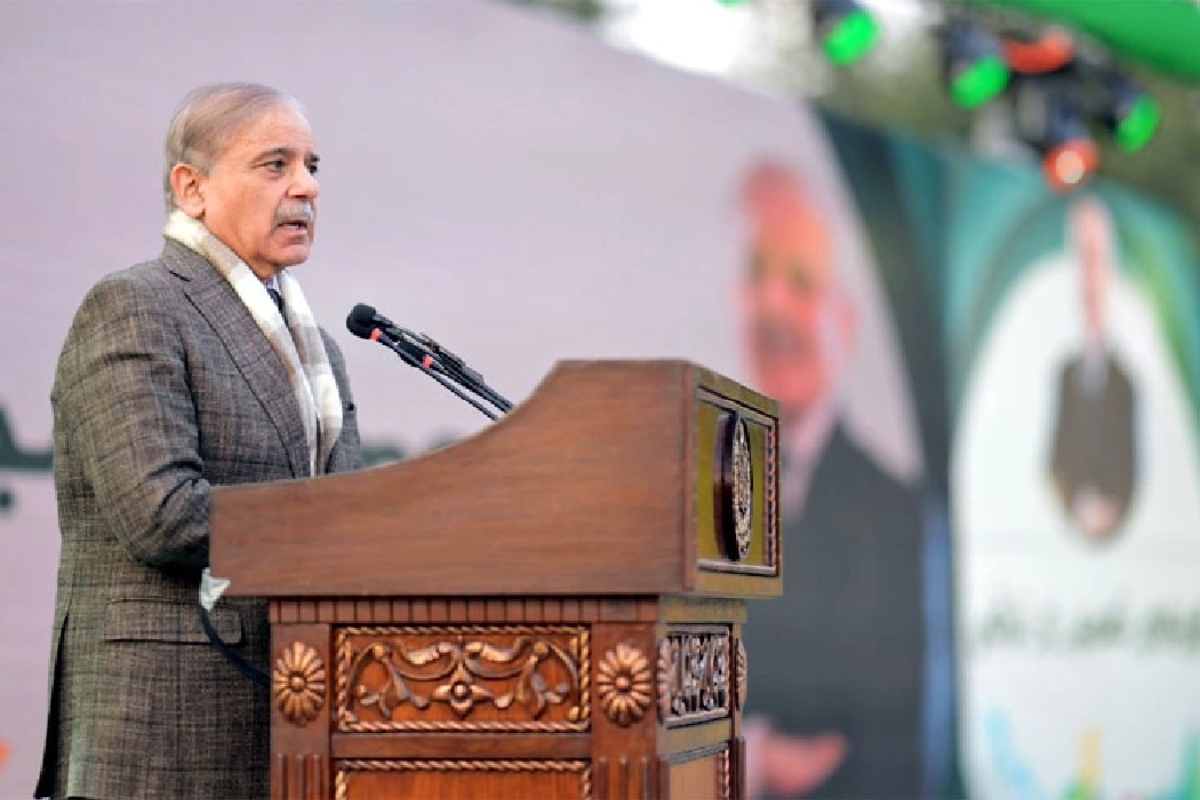Prime Minister Shehbaz Sharif stated on Monday that Pakistan has achieved macroeconomic stability over the past year with support from the International Monetary Fund (IMF) program.
Addressing investors and business leaders in Dubai, PM Shehbaz highlighted that the country’s economic fundamentals have improved steadily. He noted that inflation in January stood at 2.4%, while the central bank’s policy rate was maintained at 12% month-on-month. He further mentioned that exports had increased compared to the previous year and that foreign remittances had reached a record $3 billion.
During his two-day official visit to the United Arab Emirates (UAE) for the World Governments Summit (WGS) in Dubai, the prime minister acknowledged that Pakistan still faces significant economic challenges. However, he emphasized that the government is taking the right steps to ensure sustainable economic growth.
UAE, Saudi Arabia’s collaboration to extract mineral resources
“Our efforts are focused on some key areas including mining and minerals,” he remarked. Pakistan is working together with the United Arab Emirates and Saudi Arabia to extract its immense mineral resources, he continued.
Prime Minister Shehbaz Sharif expressed disappointment over the lack of progress in Pakistan’s mining sector, emphasizing that the country has yet to fully tap into its trillion-dollar mineral resources.
He highlighted information technology as another key sector, stating that with proper training for the youth, Pakistan could revive its economy. He noted that 60% of the population falls within the 15-30 age group, presenting a significant opportunity for growth.
Discussing agriculture, PM Shehbaz pointed out that despite Pakistan’s vast resources, per-acre yield has remained low for decades due to the absence of modern techniques and technology. He lamented that several countries had surpassed Pakistan in the production of key crops such as rice, sugar, cotton, and wheat, leaving the country behind its regional counterparts.
To address this, he announced that the government is funding a program to send 1,000 fresh agriculture graduates to China for specialized training in various agricultural fields. He expressed optimism that upon their return, these graduates would apply modern knowledge to enhance the country’s agricultural output.
The prime minister also stressed the importance of shifting towards value-added agricultural products to boost economic growth. He urged for a dedicated and committed approach to drive progress, emphasizing teamwork as essential for societal transformation across all sectors.
He assured business leaders that their recommendations would be considered in the government’s economic policies.



















